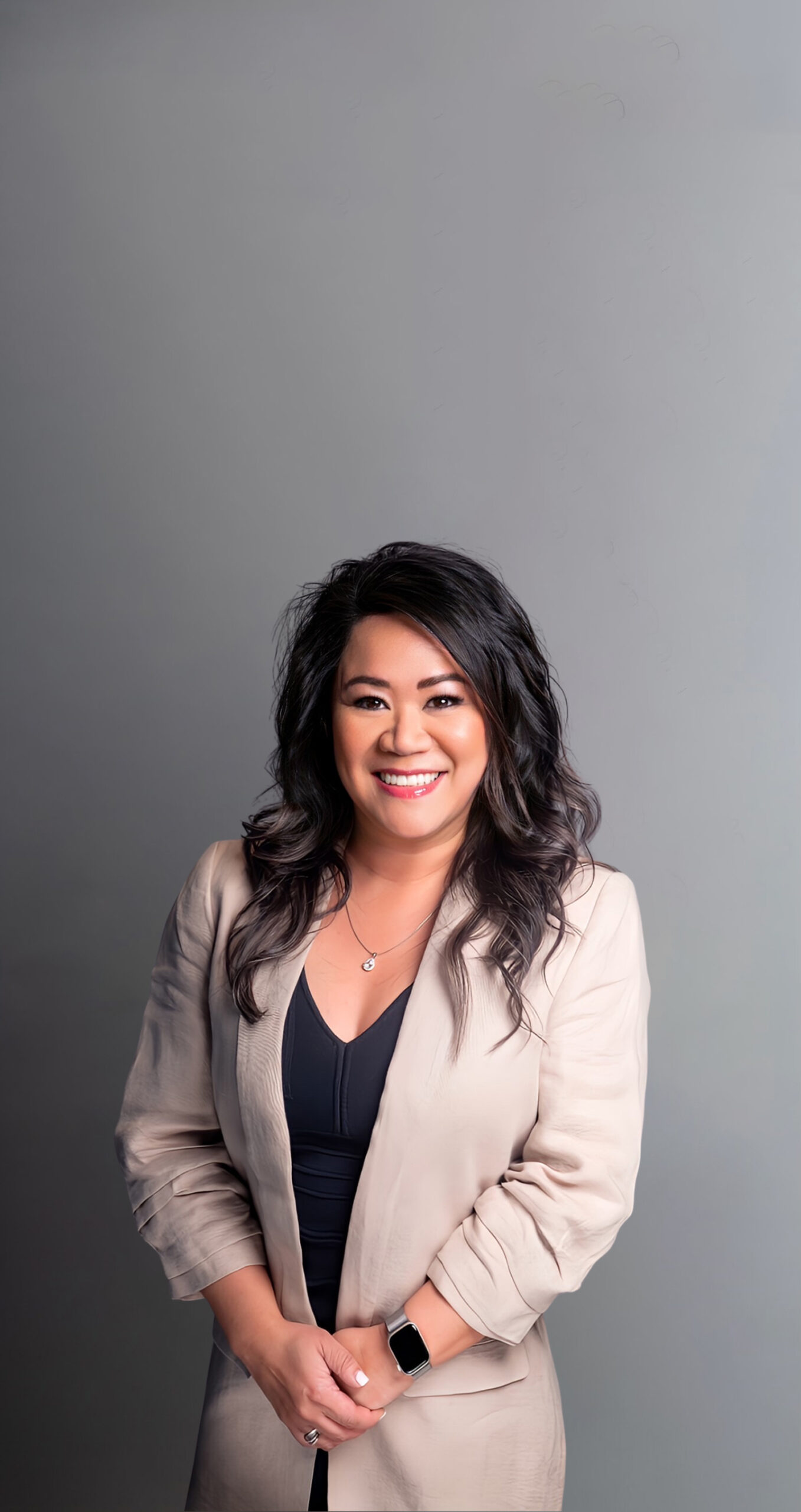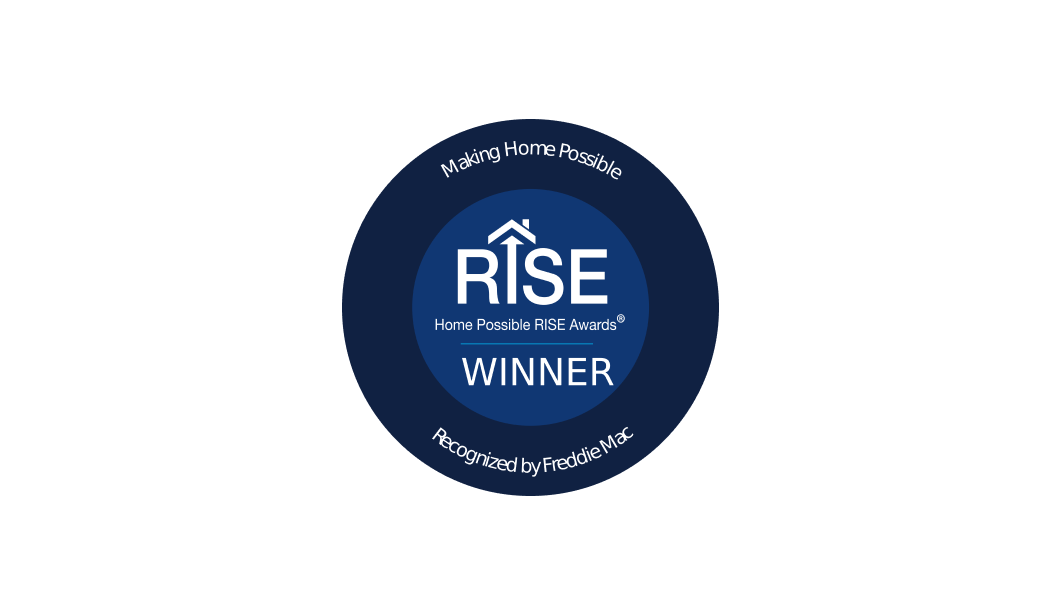If you are in the market to purchase a new home, you are also likely to be in the market for a new mortgage. Generally, mortgages are loans granted to purchase a home, with the house acting as the security. Depending on the terms of the mortgage, the lender will require the borrower to make monthly repayments for a specific duration, usually between 15–30 years.
There are two primary types of mortgages that dictate the interest amount to be paid and whether your interest rate will change in the future. They include fixed-rate and adjustable-rate mortgages. We’ll outline the key differences between the two mortgage types to help you understand the most suitable option.
What is a Fixed-Rate Mortgage?
FREE Mortage Check-Up
For Refinance
Applying for a loan is always a no-cost action
A fixed-rate mortgage is a home loan where the lender determines the interest rate on the loan before the completion of the loan application. That interest rate is then locked in for the full term of the loan. This means that the monthly principal and interest amount does not change throughout the loan duration. For this reason, many prefer these types of loans since they provide predictability and stability.
For example, if your interest rate is 7.26% on a standard 30-year term with a loan amount of $300,000, you will make monthly repayments of $2,048, excluding taxes and insurance. In general, fixed-rate mortgages have a higher interest rate than adjustable-rate mortgages meaning you will pay more in interest over the life of the loan if you make minimum payments without refinancing.
What is an Adjustable-Rate Mortgage?
Unlike a fixed-rate mortgage, an adjustable-rate mortgage (ARM) is a home loan whose interest rate fluctuates depending on an index. An index is a market-determined interest rate published by a neutral third party. Since there are many indexes on the market, your lender will include the index your adjustable-rate mortgage will follow in your loan documents. Nonetheless, as the index rate changes, so will the interest rate of your ARM. It is worth noting that most ARMs will begin at a lower interest rate than fixed-rate mortgages.
The most popular ARM product is the 5/1 ARM. The introductory phase of this product lasts for five years, after which the interest rate changes every year. You can also get 3/1 ARMs, 10/1 ARMs, or even 7/1 ARMs.
In the case of 5/1 ARM, once you agree to a supposed interest rate of 5.53% for an adjustable-rate mortgage of $300,000, the monthly payments will be $1,709, excluding taxes and insurance fees. Due to the shorter duration of adjustable-rate mortgages, these financial products are ideal for short-term homeowners or borrowers who intend to pay off the loan, sell the property, or refinance the loan before the fixed-interest rate period ends.
Differences Between Fixed-Rate and Adjustable-Rate Mortgages
The main difference between a fixed and adjustable mortgage is their interest rate. While the rate will never change in a fixed-rate mortgage, it will vary several times during the lifespan of an adjustable-rate mortgage, depending on the index rate. These two mortgage types also differ in several other ways, including:
Margins
If you take out an ARM, you are likely to come across the term ‘margins’ in your loan documents. This refers to the minimum ARM interest rate. In other words, your rate cannot fall below the specified margins. For example, if your loan documents have quoted a margin of 4%, this rate is included in your current index rate once the date your rate is scheduled to increase. Since fixed-rate mortgages have a fixed interest rate, margins do not apply to these loan types.
Rate Caps
Another vital difference between fixed vs adjustable mortgages is rate caps. While the latter does not have them, rate caps refer to the maximum amount your rate can rise or drop during the course of the home loan and within a single repayment period. Thus, if the market rate goes beyond the rate caps quoted in your loan documents, it is likely not going to follow market trends.
A rate cap consists of an initial, periodic, and lifetime cap. An initial cap refers to the highest percentage your rate can decrease or increase within a single repayment period once your fixed-rate period ends. Alternatively, a periodic cap refers to the highest limit an interest rate can vary through one transition period to another. Lifetime caps are the limit that your interest rate may decrease or increase from the introductory rate during the mortgage.
Thus, if your rate cap is 2/1/5, it means that your ARM has an initial cap of 2% and can fluctuate by a maximum of 1% with each consecutive adjustment repayment period. The 5 refers to the percentage limit that your interest rate can fluctuate below or above the original rate during the entire course of your home loan repayment period.
Interest Rates
For the first few years, ARMs usually have lower interest rates compared to fixed-rate mortgages. This is because lenders usually factor in changes in the interest rate over time. However, since ARMs usually follow market trends, lenders can afford to show leniency during the initial repayment period.
Qualifications
During home loan applications, your lender will review your debt-to-income ratio. This refers to the money that comes into your household against your monthly home expenses. If your debt-to-income ratio is high, you will be more likely to qualify for an ARM than a fixed-rate home loan.
Intercoastal Mortgage, LLC, Will Help You Finance Your Home Purchase
When it comes to interest rate schedules, you only have two options; fixed rate and adjustable rate. While fixed-rate mortgages provide the same interest rate during the entire course of the home loan repayment period, adjustable-rate mortgages have a fluctuating interest rate based on the index used. While ARMs have lower interest rates during the initial repayment period, fixed-rate deposits offer stability and predictability, which is perfect for people looking to become long-term homeowners.
Wondering which home loan product is suitable for your needs? Our team at Intercoastal Mortgage, LLC, is ready to help you every step of the way. Based in Fairfax, we have offices throughout the United States, including Ashburn, McLean, Maryland, Rockville, and many more. Find a location near you, and we will help you acquire the home of your dreams.






